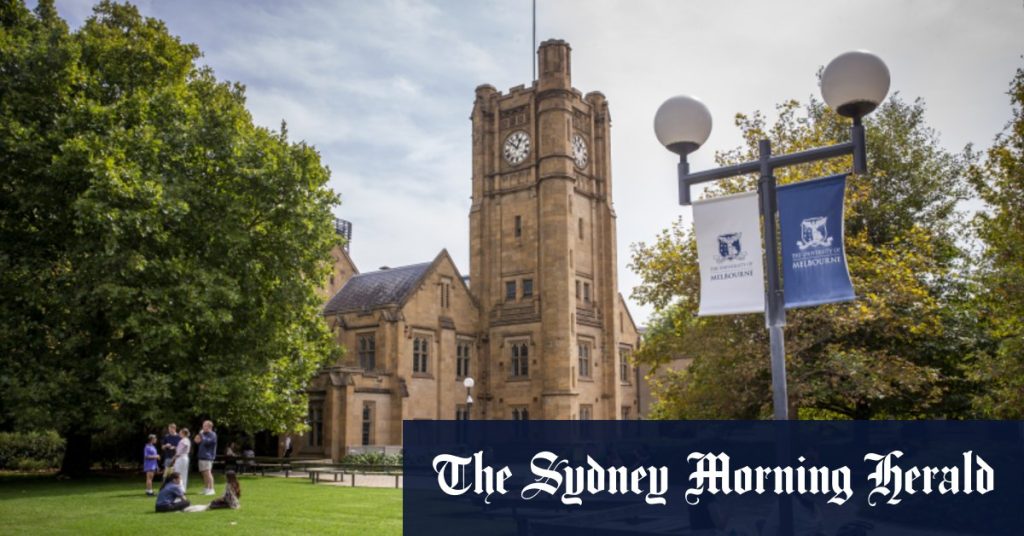A recent study conducted between July and September 2023 by the Department of Education interviewed over 16,000 young people who had recently completed or left high school to gain insight into their post-school choices. The study revealed that creative arts, management, and commerce fields are declining in popularity among those finishing year 12, and there are still significant societal divides when it comes to post-school education. For instance, students from government schools are less likely to attend university compared to their non-government-educated peers, girls are more likely than boys to pursue a degree, and students from regional areas show a preference for vocational training or apprenticeships.
The impact of the COVID-19 lockdowns on the final years of high school was evident in the study findings, with many young people expressing a desire to experience campus life that they missed out on during the lockdowns. Paul Kidson, an educational leadership expert from the Australian Catholic University, noted that the recent cohorts of high school graduates displayed a high degree of flexibility in their choices, with an openness to exploring different options and pathways. This flexibility allows them to try different paths and pivot if needed without feeling pressure to commit to a single career trajectory.
The study highlighted the evolving motivations and decision-making processes of modern high school graduates, who are more open to exploration and experimentation in their post-school choices. Kidson noted that this generation of graduates is more willing to test out different options and are not overly concerned if a particular choice does not work out, as it does not define their entire career trajectory. This mindset reflects a shift in how young people approach their education and career paths, with a focus on adaptability and resilience in the face of uncertainties.
The findings of the study underscore the need for educational institutions and policymakers to adapt to the changing preferences and motivations of young people entering the workforce. As societal divides and disparities in post-school choices persist, there is a growing awareness of the importance of providing diverse and inclusive pathways for all students, regardless of their background or circumstances. By understanding the influences and factors shaping the decisions of high school graduates, educators and policymakers can better support young people in making informed choices and pursuing their desired career paths.
The study results serve as a reminder of the impact of external factors, such as the COVID-19 pandemic, on young people’s educational experiences and post-school choices. The prolonged lockdowns and disruptions to traditional modes of education have influenced the decisions of recent high school graduates, leading them to seek out experiences and opportunities that were previously inaccessible due to the pandemic. By acknowledging these influences and providing support and guidance, educators and policymakers can help young people navigate the challenges and uncertainties of the post-school transition period and make informed decisions about their future pathways.
In conclusion, the study conducted by the Department of Education offers valuable insights into the evolving trends and motivations of high school graduates in Australia. By understanding the factors influencing young people’s post-school choices, educators, policymakers, and other stakeholders can work towards creating a more inclusive and supportive environment for all students. With a focus on flexibility, adaptability, and resilience, the next generation of graduates can navigate the complexities of the modern workforce and pursue fulfilling and rewarding career paths.


